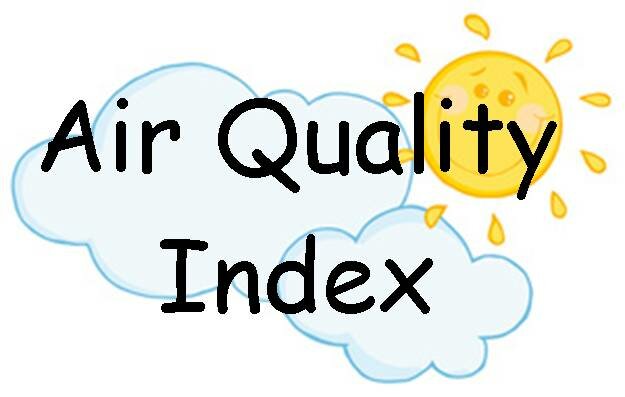- Home
-
Allergy & Asthma Information
- Asthma: The Basics
- Living With Asthma
- Asthma Tools
- Asthma Triggers
- Asthma & Eczema
- Asthma & Allergy
- Hay Fever
- How to use a:
- About Us
- Order Info
Asthma & Exercise
Exercise Facts
- Exercise makes your heart and lungs stronger.
- Exercise increases muscle strength.
- Exercise improves posture and makes you more flexible.
- Exercise improves self-esteem, confidence and gives you energy.
- Feeling short of breath may be normal when you exercise. But when you stop exercising, the shortness of breath should go away.
Asthma Facts
- Asthma is a chronic disease of the airways in the lungs.
- Children with asthma can lead healthy active lives.
- Asthma can be different for each person.
- Asthma cannot be cured, but it can be controlled.
Asthma and Exercise
- Regular exercise is important for everyone, especially those with asthma.
- Children with asthma should be able to do any exercise or play any sport.
- Well controlled asthma should not limit exercise.
- Exercise may trigger asthma symptoms soon after starting or during exercise.
- If asthma stops your child from being active, asthma is out of control. See their doctor.
- More than 1 in 10 Olympic athletes have asthma.
- The only exercise people with asthma should not do is scuba diving.
Asthma Symptoms During Exercise
- Do not start exercising if you are having asthma symptoms.
- Asthma symptoms may include cough, wheeze, shortness of breath or a tight feeling in the chest.
- You may have other symptoms such as tiring easily or not being able to keep up with your friends.
- Prolonged exercise (e.g. running, soccer, hockey) is more likely to cause symptoms than short bursts of exercise such as volleyball, baseball or tennis.
- Exercising in a warm, humid setting (eg. swimming) may be less likely to cause symptoms.
- For some children with asthma, exercise can cause symptoms, but exercise does not cause asthma.
How to Prevent Symptoms:
- Keep asthma under control.
- Warm up before exercising and cool down after.
- If necessary, use your Reliever medicine 10 to 15 minutes before exercise. If you need your Reliever medicine more than 3 times a week, talk to your doctor. Your asthma is not under control.
- If possible, breathe through your nose instead of your mouth when you exercise.
- Avoid exercising outside when air pollution is bad or pollen counts are high. Exercise indoors instead.
- Cover your mouth and nose when exercising outside in cold air.
Asthma Allie Says:
"Stay Active!"

The Children's Allergy & Asthma Education Centre © 2014
The Children's Allergy & Asthma Education Centre
Phone: (204) 787-2551
Toll Free: 1-888-554-1141
Fax (204) 787-5040


